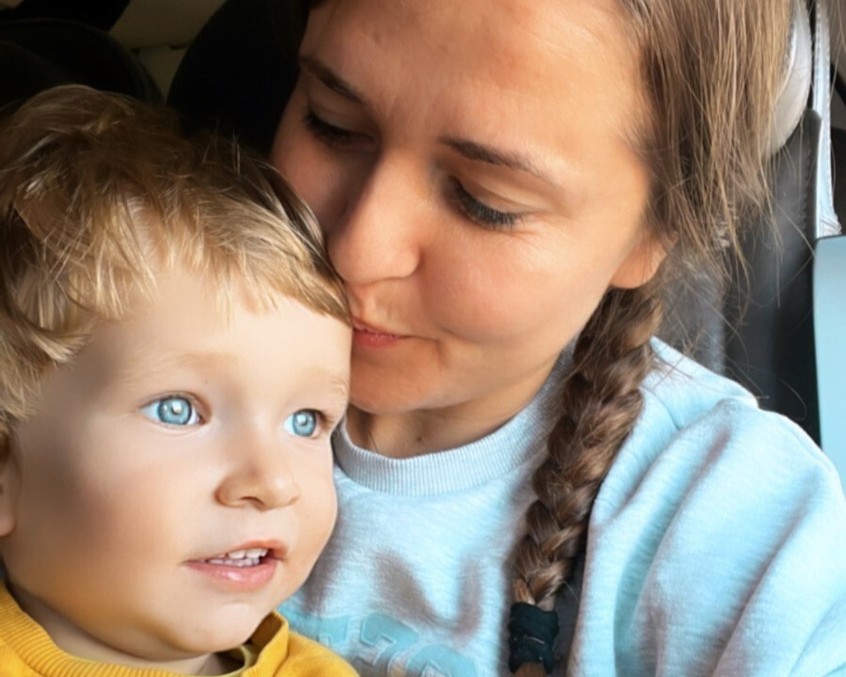1. It reflects who we are as Americans
Providing aid isn’t just a policy—it’s a reflection of our values. Kindness. Generosity. Freedom and democracy. Foreign aid is one way we live out those values on a global scale. It’s about showing the world what we believe to be the right direction and supporting people on their journey towards a better future.
Based on conversations we know that many people want to support programs that provide things like mosquito nets to prevent malaria or those that ensure malnourished infants have access to health services.
In a time of growing global challenges, America’s leadership in humanitarian response guided by the principles of compassion, dignity and hope, will help save lives, foster stability, and strengthen America's role as a force for good in the world.
2. It costs less than you think—and it works
Foreign aid makes up a tiny slice of national budgets— less than 1%—but the impact is massive. It's one of the most cost-effective ways to fight poverty, hunger, and prevent crises.
A study published by The Lancet in June 2025 noted that more than 91 million deaths, including 30 million for children under the age of 5, were prevented by USAID funding over the past 21 years.
Foreign aid is also critical for America’s economy, security and reputation. To stop foreign aid would not only be wasteful, but it could potentially result in a loss of trust with other countries, partners, and communities. For us it is a small investment, but for millions of people around the world – it is truly the difference between life or death.
With rising global tensions that impact both people’s lives and shared international priorities, ensuring U.S. international assistance aligns with long-term foreign policy goals isn’t just strategic—it’s a way to build a safer, stronger, and more connected world for everyone.
3. Aid is partnership, not charity
The best solutions are co-created with local communities. We listen to those who need our support and together we work out what to do and how to do it. Foreign aid allows us to stand shoulder to shoulder with people as they rebuild their lives—and we all grow stronger through those connections. Because foreign aid is not about giving charity—it’s about standing alongside people and building strong partnership for a shared future that is mutually beneficial.
Foreign aid also supports American businesses: every $1 the U.S. contributes to the World Bank’s International Development Association (IDA) helps unlock $4—by leveraging capital markets and attracting support from other governments and philanthropies. It’s a powerful example of how smart U.S. investments generate outsized impact – and contributes to prosperity at home.
4. Protects peace and prevents public health emergencies
A healthier, more stable world benefits everyone. Foreign aid supports education, health, and peace—which lowers the chances of war, disease outbreaks, and forced migration. Investing in people’s well-being globally prevents emergencies from arriving on our doorstep and creates a ripple effect of good—for all of us.
Prevention is better than cure, and studies have found that every $1 invested in conflict prevention could save $16 in response costs. Foreign aid investments are among the most effective ways to build stronger, more stable communities—and to support long-term U.S. security.
5. Because all people deserve a chance to build a life—no matter where they live
When disaster strikes or conflict forces families from their homes, aid means immediate support—food, clean water, medical care, shelter. It’s not abstract. It’s life-saving.
Foreign aid is how we show up for people when they need us most – like we did for the Ukrainians in 2022 forced to flee when their homeland became warzone, or for people in Pakistan affected by the flood of the century, or how we continue to provide lifesaving services for the people of Sudan which is now entering into its third year of civil war.
Forecasting models predict that the current foreign aid cuts could result in more than 14 million deaths by 2030. 14 million - please let that sink in.





.png)

.png)

